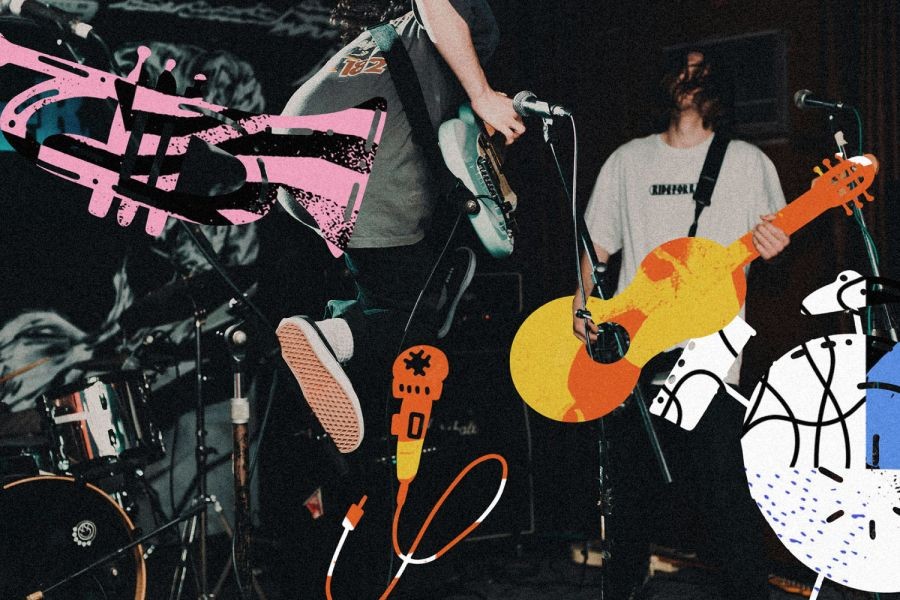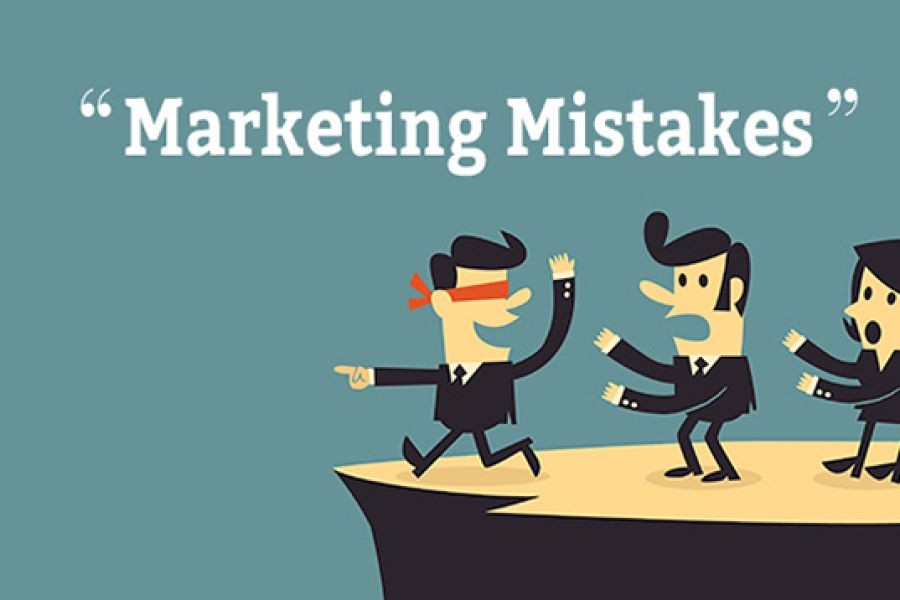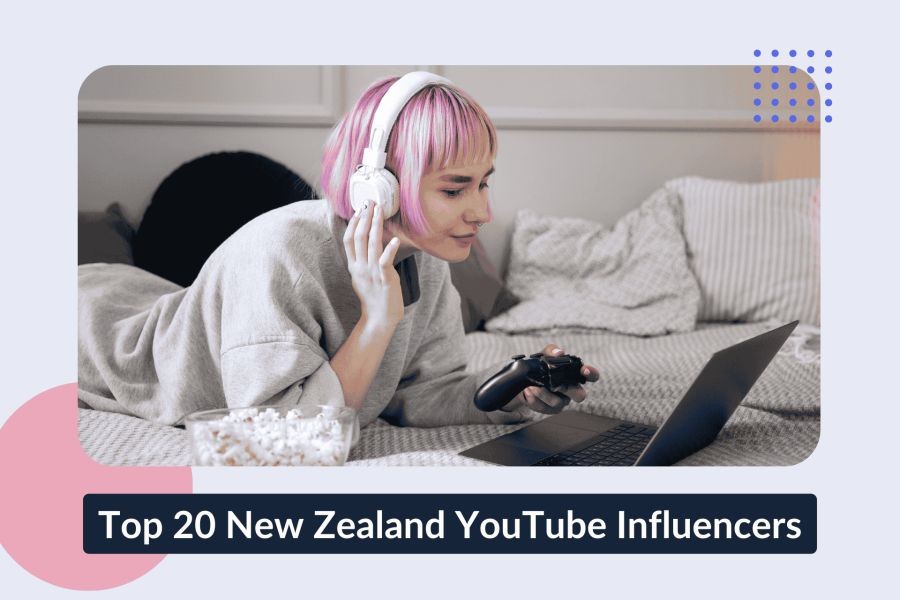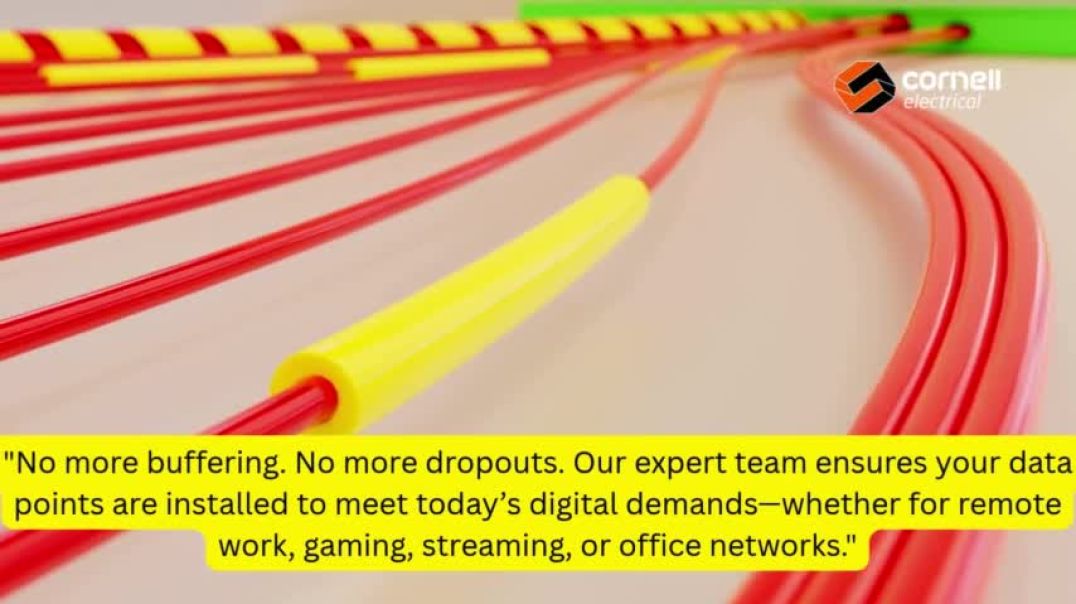Turning a creative hobby into a full-time career is a dream for many, yet it remains elusive for most. In New Zealand, where the creative economy is a significant contributor to the GDP, the potential to transform creative pursuits into sustainable careers is tangible. According to Stats NZ, the creative sector contributes approximately 6% to the national economy, underscoring its importance. However, making this transition successfully requires more than passion; it demands strategic planning, market understanding, and adaptation to local and global trends.
Understanding New Zealand's Creative Economy
New Zealand's creative industries are diverse, spanning film, music, design, and digital arts. The government has recognized the sector's potential, offering support through the Ministry for Culture and Heritage and initiatives like the Creative New Zealand fund. The sector benefits from an ecosystem that values innovation and cultural expression, yet faces challenges such as limited market size and global competition.
Case Study: Weta Workshop – From Passion Project to Global Powerhouse
Weta Workshop, based in Wellington, illustrates how a creative hobby can evolve into a global brand. Founded by Richard Taylor and Tania Rodger, Weta began as a small special effects workshop. Their breakthrough came with Peter Jackson's "The Lord of the Rings" trilogy, which showcased their innovative craftsmanship.
- Problem: Initially, Weta struggled with limited resources and market reach.
- Action: They leveraged partnerships and pushed the boundaries of special effects technology.
- Result: Weta Workshop became a cornerstone of New Zealand's film industry, contributing significantly to the country's export revenues.
- Takeaway: Strategic collaborations and continuous innovation are key to scaling creative ventures.
Navigating Industry Trends and Local Dynamics
For creative professionals in New Zealand, understanding both local and international trends is crucial. The rise of digital platforms has democratized access to global audiences, allowing Kiwi creators to reach international markets. However, this also intensifies competition, making it essential to differentiate one's offerings.
Data-Driven Insight: The Gig Economy's Impact
The gig economy is reshaping how creative professionals operate. A report from the Ministry of Business, Innovation, and Employment (MBIE) indicates that gig work in New Zealand is growing rapidly, offering flexibility but also presenting challenges such as income instability and lack of benefits.
- Pros: Flexibility, diverse opportunities, and potential for higher earnings.
- Cons: Income volatility, lack of job security, and competition from global freelancers.
Strategies for Transitioning to a Full-Time Creative Career
Turning a creative hobby into a full-time career involves several strategic steps. First, it's crucial to validate your idea and ensure there is a market demand. This can be achieved through market research and pilot projects.
Building a Sustainable Business Model
Successful creative entrepreneurs often find innovative business models that blend creativity with commercial viability. For instance, subscription-based models or digital marketplaces can provide steady income streams.
Leveraging Technology and Digital Platforms
Digital platforms like Etsy and Spotify allow creators to monetize their work globally. In New Zealand, the use of such platforms has increased, as reported by NZTech, with many creators seeing a substantial rise in international sales.
Debunking Myths and Avoiding Common Mistakes
Several myths persist about turning creative hobbies into careers. One common misconception is that passion alone is enough. In reality, strategic planning and market understanding are equally vital.
- Myth: "All you need is passion."
- Reality: Passion is crucial, but without a strategic plan, a business can quickly falter.
Biggest Mistakes to Avoid
- Mistake 1: Neglecting financial planning. Many creative professionals fail due to poor financial management.
- Solution: Use budgeting tools and seek advice from financial advisors to maintain a healthy cash flow.
Future Trends and Predictions
Looking ahead, the creative sector in New Zealand is poised for growth, especially with advancements in artificial intelligence and digital technology. According to a report by Deloitte, by 2030, AI could enhance creative processes, allowing artists to focus more on conceptual work.
Conclusion: Final Takeaway & Call to Action
The journey from hobbyist to professional requires a blend of passion, strategy, and adaptability. By leveraging New Zealand's supportive creative ecosystem and staying attuned to global trends, aspiring creative professionals can carve out sustainable careers. Ready to take the leap? Share your creative journey or insights in the comments below!
People Also Ask (FAQ)
- How does turning a creative hobby into a career impact New Zealand’s economy? Creative industries contribute about 6% to NZ's GDP, boosting economic growth and employment.
- What are the biggest misconceptions about creative careers? One common myth is that passion alone guarantees success, but strategic planning is equally important.
- What upcoming changes in New Zealand could affect creative careers? By 2030, AI advancements could revolutionize creative processes, enhancing productivity and innovation.
Related Search Queries
- How to start a creative business in New Zealand
- New Zealand creative industry trends
- Monetizing creative hobbies
- Creative economy in New Zealand
- Transitioning from hobby to career
- Creative entrepreneurship strategies
- Digital platforms for artists in New Zealand
- Sustainable business models for creatives
- Gig economy in New Zealand
- AI impact on creative industries
































JacklynQii
2 months ago